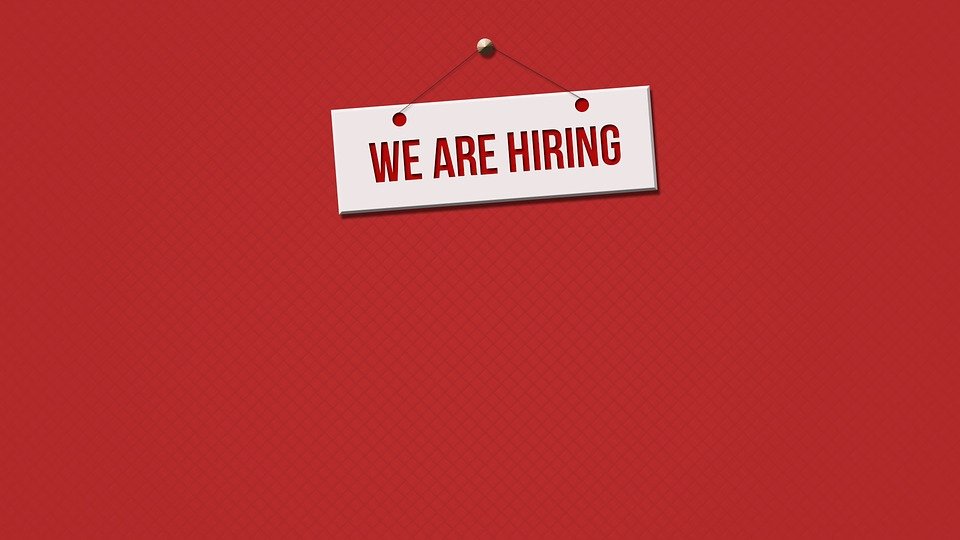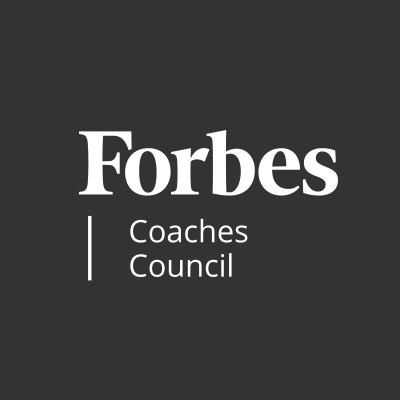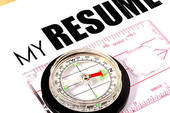RETAIN YOUR GOOD EMPLOYEES?
Companies complain they are bleeding experienced employees, or laughing off the exodus by saying it’s just part of the Great Migration. If you are seeing this happen in your company, ask yourself some serious questions, and stop making assumptions. Every talented employee is a loss of productivity, innovation, brain trust, and good will. How long […]
RETAIN YOUR GOOD EMPLOYEES? Read More »









